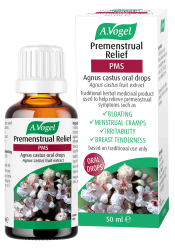1. You could have as little as 150 or as many as 450 periods in your life
Every woman has a slightly different cycle length which, on average, can vary from every 21 to 36 days. However, this wouldn’t drastically change the number of periods a woman experiences throughout the course of her life so what factors can influence this?
Well, culture and way of life comes into it. Traditionally, (and still to this day in certain cultures and groups of people around the world) a woman would have a baby and then continue to breastfeed it for several years – not just for the standard 6 months as is common practice in Western cultures nowadays.
Interestingly, as a woman breastfeeds it can serve as a natural contraceptive (due to the interaction of certain hormones) and therefore, she doesn’t get a period. This tends to go on for several years until breastfeeding is reduced however, at this point the woman often falls pregnant once more and the whole cycle begins again.
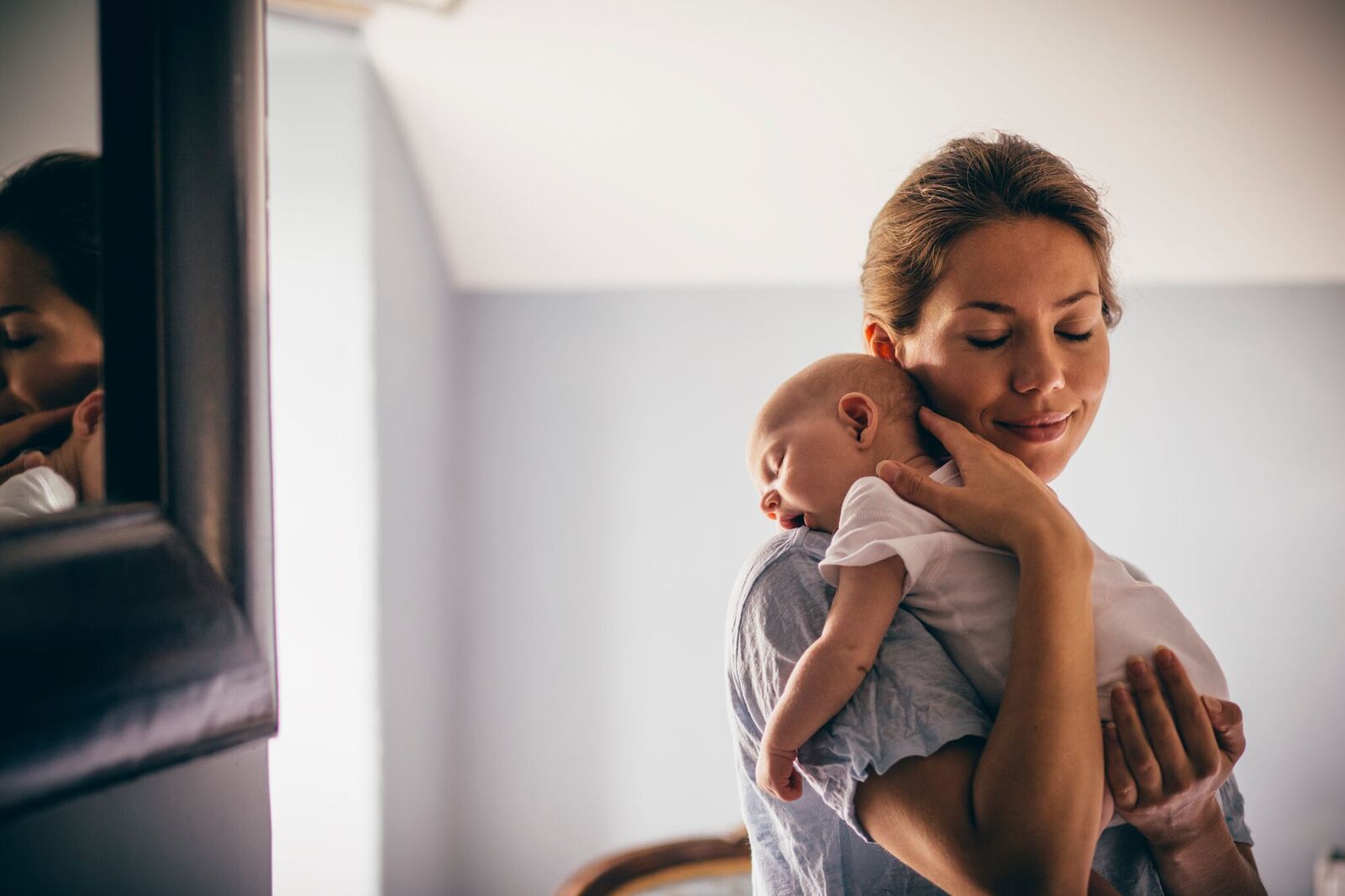
These routines mean that a woman can live with relatively few periods throughout her childbearing years. That is, if she chooses to breastfeed her child for long and often enough. Approximately every 3- 4 hours, even during the night, is required to have the desired effect. So, getting your baby to sleep through the night might be a bonus and a modern-day goal for many, but it will most likely result in the swift return of your period after giving birth.
2. The average starting age for periods has changed
Generally, the age at which women start their period is becoming younger and younger. A century ago, the average starting age for periods was 16 but now the average is 12 years old and it’s not uncommon for girls as young as 8 years old to start puberty too.
This is thought to be due to a number of factors such as better overall health and diet. However, other things such as stress, being overweight and climate can all influence the age at which girls start puberty.
3. You’re born with all your eggs
Yes, you acquire all the eggs you’ll ever need during your time in the womb – even before you’re born! In fact, you’ll start life with more than a couple of million eggs which is way more than you’ll ever need, that’s for sure!
As you reach puberty and the menstrual cycle kick-starts, one of these eggs matures each month and is released. All of the extra eggs gradually die off as your biological clock ticks and so this is why you can’t have any more babies once you reach the menopause.
4. Pregnancy and periods can go hand in hand
Many assume that you can’t get pregnant whilst on your period, and you won’t have a period if you’re pregnant. Well, I hate to break it to you but neither of these assumptions is true.
First, let’s consider sex during your period. Ok, so it’s unlikely you’ll fall pregnant by having sex at this time but it’s not impossible. The chances of this happening will depend on the length of your cycle - if you have a very short cycle (and typically heavier periods) then it is possible. This is because sperm can survive in the body for up to 5 or 6 days so if you happen to ovulate 5 – 6 days after your period you could fall pregnant.
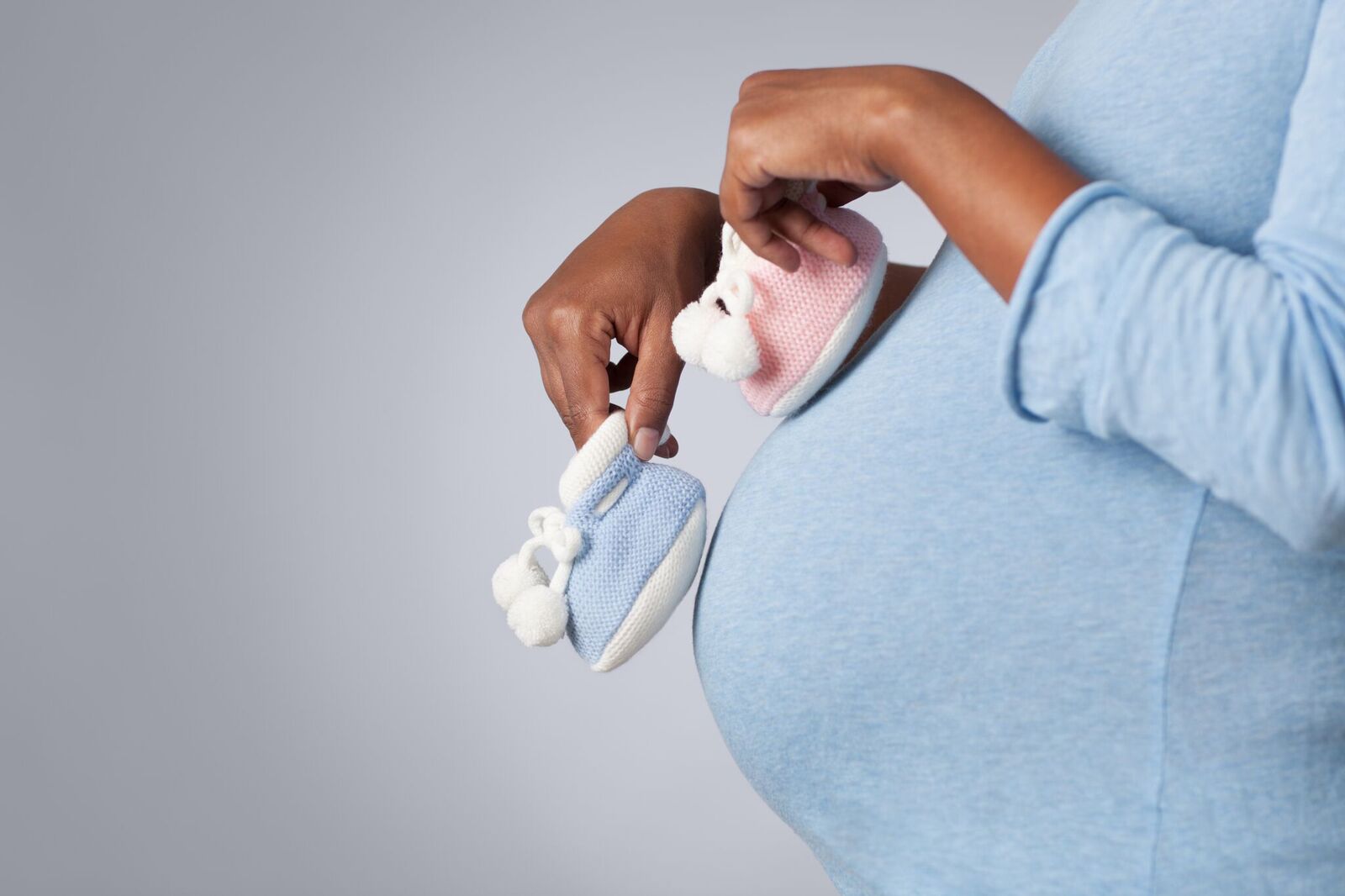
So, say you do fall pregnant, surely this means you won’t have to worry about another period for the next 9 months, right? Well, technically speaking – it definitely won’t be a ‘true’ period but you could bleed a little. This is fairly common during the first few months of pregnancy and can happen for a number of reasons but it is always best to get this checked by your doctor or midwife.
5. Some periods aren’t true periods
As you know, your period occurs when, after it’s built up throughout the month, the lining of the womb sheds. So, this is a true period however, if you bleed outwith this time then it isn’t considered as such. A perfect example of this would be the period you get if you’re on the combined pill. This isn’t a ‘true period’ because it occurs when high hormone levels suddenly decline.
Also, as mentioned above, there are other examples of periods that aren’t typical such as those in early pregnancy. Also, a so-called implantation bleed can occur as a fertilised egg imbeds in the wall of the womb. If you aren’t sure why you are bleeding out with your regular menstrual cycle it’s always worth paying your doctor a visit.
6. A missed period doesn’t always mean you’re pregnant
Another misconception is that a missed period automatically means you are pregnant as it can actually happen for a number of reasons. That being said, I would advise you take a pregnancy test first just to be sure!
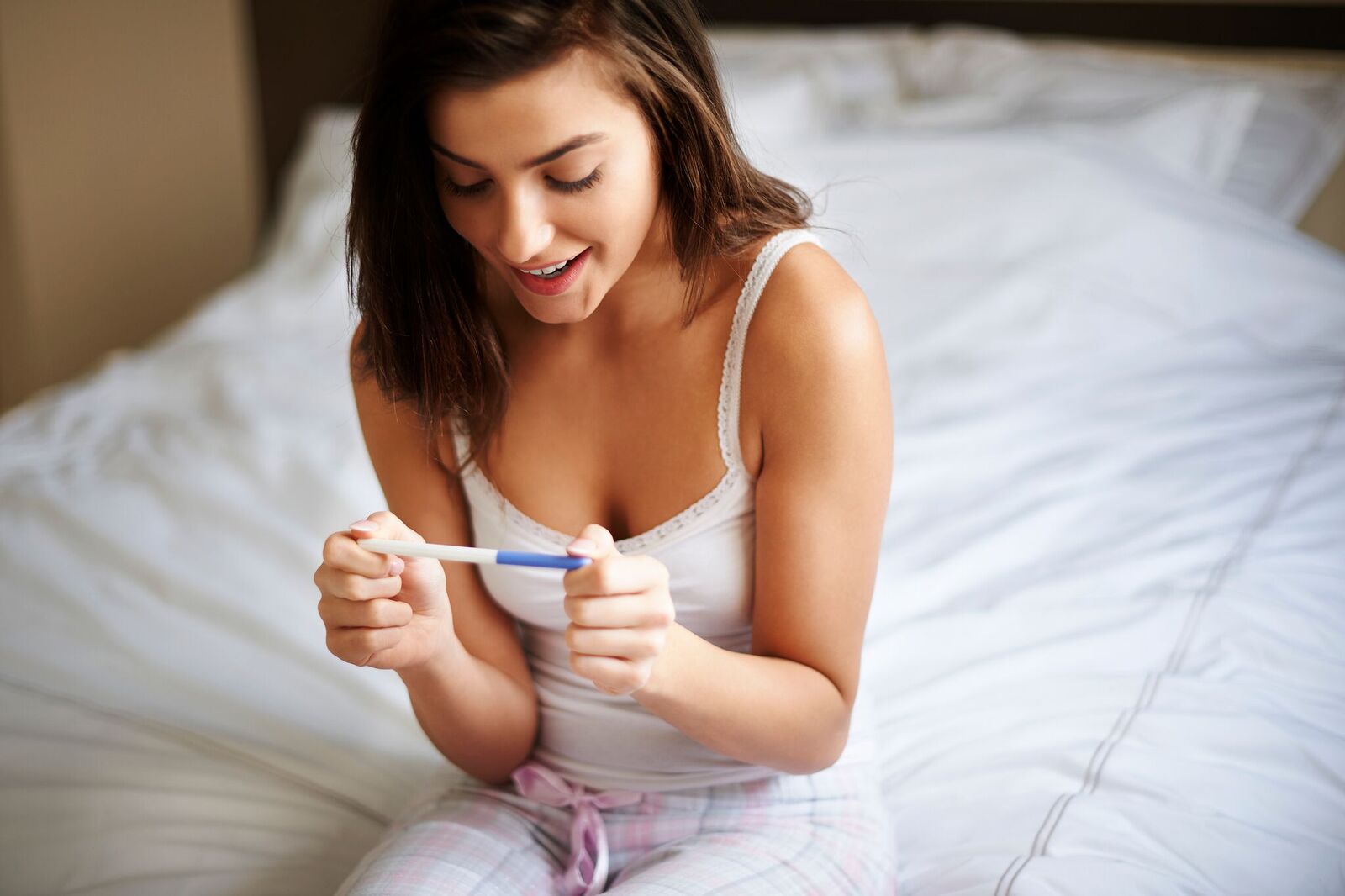
Hormone imbalances, stress or even your body weight could be having a significant impact on your menstrual cycle so often it’s a case of considering your lifestyle and paying close attention to your symptoms in order to try and figure out what’s really going on.
7. You don’t need to have a period whilst on the pill
The ‘pill-free period week’ was first introduced as it was thought women would like the idea, rather than it actually having any physiological purpose. A break from contraceptives can feel more natural and can also be reassuring.
Most of the safety studies on contraceptive pills have been done on trials where this break was included however, it is considered perfectly safe to run up to three pill packs together without having the break. For some though, they find that they symptoms are worse after running pill packs together and it could potentially give rise to slightly heavier, more painful periods.
8. You lose a smaller amount of blood each month than you’d expect
If you’re on hormonal birth control you’re likely to have very light periods due to the more controlled levels of hormones. However, even if you aren’t using this medication you probably still think you’re losing a lot more blood than you actually are.
On average women lose between 10 and 35ml of blood throughout the duration of each period. This is only around 1 – 2 tablespoons worth of blood, plus on average it is spread over 5 days so it probably isn’t as much as you might think!
9. Heavy periods could mean you have a hormone imbalance
Some women experience heavier than normal periods however, if you are wondering what constitutes a heavy period then I’d recommend you have a look at our heavy periods page.
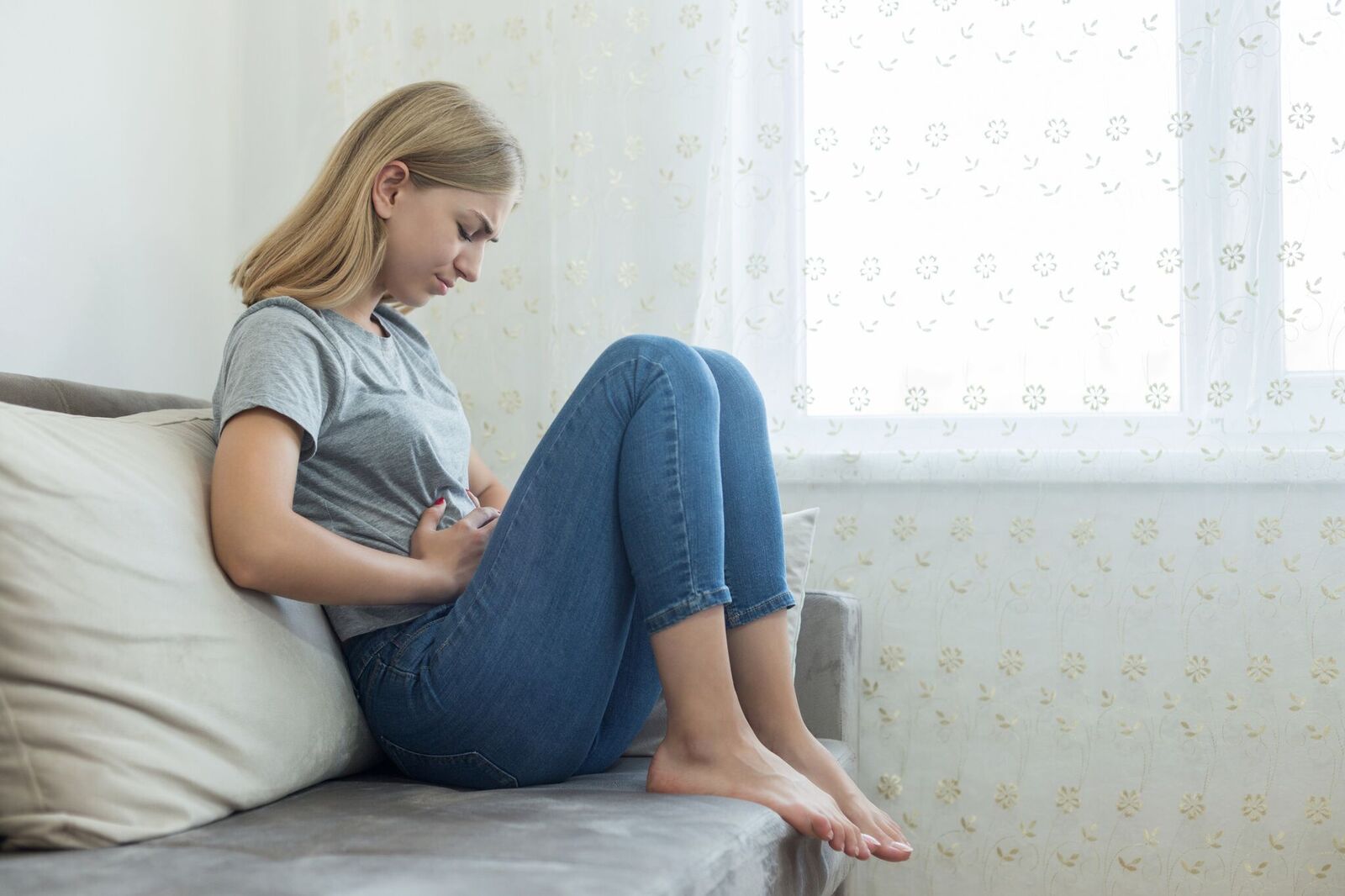
If you suspect your periods are particularly heavy, it’s important to pay attention to your symptoms as it could suggest you have a hormone imbalance. In this instance heavy periods are often accompanied by mood swings, painful cramps and bloating.
10. Anaemia can be a vicious cycle
Normally our body is pretty good at keeping us alive, even when the odds are against us, but when it comes to anaemia it isn’t so efficient.
Anaemia occurs when there is an iron deficiency, a problem that is often caused by heavy periods, and symptoms include tiredness, shortness of breath and heart palpitations.
Even if you are anaemic, your heavy periods are unlikely to cease and you risk losing more and more precious red blood cells. It can be a vicious cycle so you need to be careful – consider paying a visit to your doctor if you suspect you are anaemic.
11. Your brain can be affected by your period
Not drastically so don’t worry too much! However, research carried out at the University of Bath suggests that cognitive functions and attention span may be affected as a result of period pain – that explains those episodes of brain fog and lack of concentration then – phew!
12. Your period could make you smell
Ok, so here is yet another thing to make you aware of, you might smell a little bit differently around the time of your period. 
Rest assured though, there are a number of reasons as to why this might be the case but most women don’t notice anything different.
13. Periods also have their perks
First of all, periods are a sign you are healthy and fertile and this really isn’t something we should take for granted. What’s more, interestingly you could see a spike in your libido around this time of the month.
This might not be the case for all women as any symptoms you might have could put a dampener on things however, in general the male sex hormone testosterone is high relative to the hormones progesterone and oestrogen and this could make you feel a bit more, let’s say, energetic. It’s nice to focus on the positives sometimes!
14. You could soon be entitled to period leave
Well, I’m not quite sure how many of you will consider this as a positive... personally I’m a bit worried it could be more of a negative. Some firms have already employed it and ‘Period Leave’ involves giving woman the option to take a special type of paid sick leave, specifically for period troubles.
One of the reasons I believe that ‘Period Leave’ isn’t necessarily the way forward is that it isn’t really solving the problem at hand. If your symptoms are so severe that you need to take time off work then you could be suffering from PMS which really needs to be properly addressed.
15. Body weight can have an influence
Did you know that being over or underweight could also be affecting your menstrual cycle?
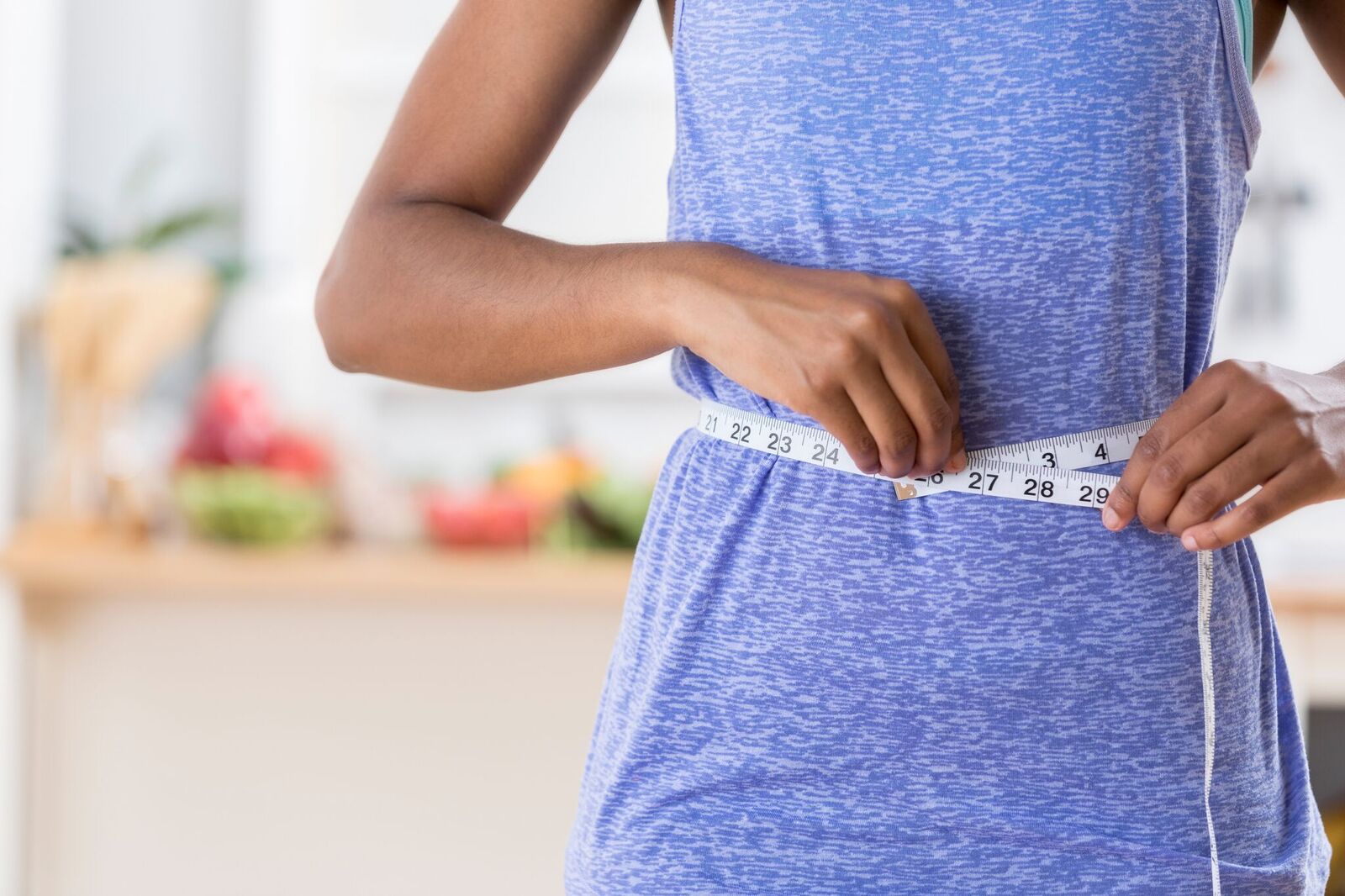 Fat cells in your body act as little reservoirs for hormones so having too many or too little could really throw you off balance. However, this goes for other lifestyle factors too such as excess alcohol or stress.
Fat cells in your body act as little reservoirs for hormones so having too many or too little could really throw you off balance. However, this goes for other lifestyle factors too such as excess alcohol or stress.
So, it’s time to take control, pay close attention to your symptoms and stop your periods getting the better of you. Good luck!
Keogh, E., Cavill, Ro., Moore, D.J. and Eccleson, C. (2014) The effects of menstrual-related pain on attentional interference. Pain, 155 (4), 821-827
Originally published on 3 September 2016 (updated on 19 September 2018)





 Looking for our products in a store near you?
Looking for our products in a store near you?
